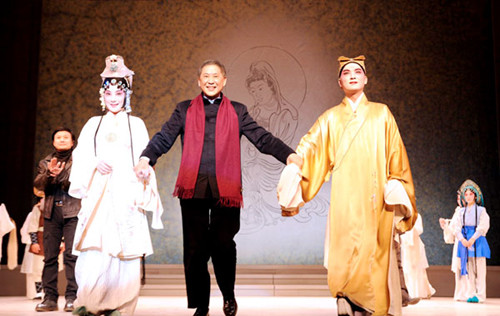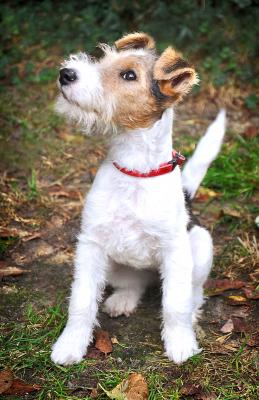
In fact, beyond passing references, the book doesn’t feature a single sex scene. The subject matter and suggestive cover picture of a half-naked Taiwanese youth set up an expectation of explicitness that is actually quite misleading.

Following A-Qing, a teenage run-away who was expelled from school and thrown out of home for being found in a compromising position with a supervisor, the narrative explores the precarious lives of these young men, peeling back the layers to show the tenderness, vulnerability and hurt within. I was curious to see what literature from this disputed land might be like, so when suggested Pai Hsien-yung’s Crystal Boys, I was quick to add it to the list.Ĭlaiming to be ‘the first modern Asian gay novel’, the 1983 book portrays the lives of a group of young male prostitutes in Taipei’s underworld. Only 22 UN members recognise it as a separate sovereign state. From that time onwards, although Taiwan governs its internal affairs independently and many countries around the world maintain informal diplomatic relations with it (the UK government sent a parliamentary delegation to visit the country in 2011, for example), the nation has officially been part of China. It was a member of the UN until 1971, when the dispute between its government, the Republic of China, and the Chinese government, the People’s Republic of China, led to the UN voting to withdraw its recognition of the ROC and thus Taiwan.


Taiwan is the country with the most tenuous claim to be included on the list of independent countries I’m reading books from this year.


 0 kommentar(er)
0 kommentar(er)
